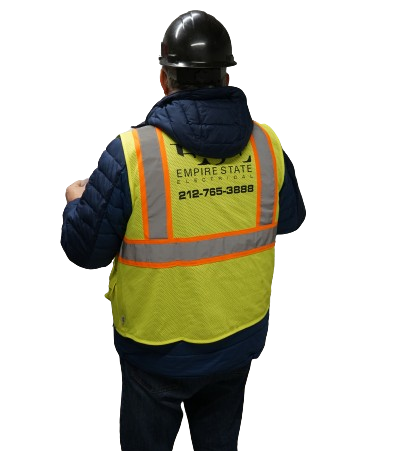When it comes to electrical work in New York, adherence to local codes and regulations is essential for safety and compliance. Whether you’re a homeowner planning a renovation, an electrical professional, or just curious about the standards in place, understanding these regulations can help ensure that your electrical systems are safe, efficient, and up to code. In this blog, we’ll explore the key aspects of electrical regulations in New York, highlighting important considerations and requirements.
- New York State Electrical Code
New York State adheres to the National Electrical Code (NEC), which is updated every three years. The NEC provides a comprehensive set of standards designed to ensure safe electrical installations. In addition to the NEC, New York State has specific amendments and regulations that supplement the national code to address local needs and conditions.
Key Aspects of the NEC:
Wiring Methods: Specifies how electrical wiring should be installed and protected.
Circuit Requirements: Outlines requirements for circuit breakers and wiring capacities.
Grounding and Bonding: Ensures that electrical systems are properly grounded to prevent electric shock and ensure safety.
Safety Devices: Includes requirements for safety devices such as ground-fault circuit interrupters (GFCIs) and arc-fault circuit interrupters (AFCIs).
- Local Amendments and Codes
In addition to the NEC, local jurisdictions in New York City and other areas may have their own amendments and codes. For example, the New York City Electrical Code (NYCEC) incorporates the NEC with specific amendments that address the unique requirements of the city’s infrastructure and building practices.
New York City Specifics:
Permits: In NYC, most electrical work requires a permit. This includes installation, modification, or repair of electrical systems.
Inspections: Work must be inspected by the Department of Buildings (DOB) to ensure it meets code requirements.
Licensed Electricians: Electrical work in NYC must be performed by a licensed electrician or under the supervision of a licensed master electrician.
- Permit and Inspection Process
For any significant electrical work, obtaining the appropriate permits is crucial. The permit process ensures that all work is reviewed and approved before it begins, reducing the risk of unsafe practices.
Steps for Obtaining Permits:
Submit Application: Provide detailed plans and descriptions of the electrical work to your local building department.
Review Process: The application will be reviewed to ensure it meets code requirements.
Approval: Once approved, you will receive a permit allowing you to start work.
Inspections: After the work is completed, an inspection will be conducted to verify compliance with the code.
- Importance of Compliance
Compliance with electrical regulations is not just about avoiding fines or penalties. It’s about ensuring the safety of your property and its occupants. Electrical code violations can lead to hazards such as electrical fires, shock risks, and even structural damage.
Benefits of Compliance:
Safety: Proper installation and maintenance reduce the risk of electrical hazards.
Insurance: Insurance companies may require proof of compliance for claims.
Property Value: A well-maintained, code-compliant electrical system can enhance property value and appeal.
- Hiring a Professional
Navigating electrical regulations can be complex, especially with local amendments and codes. Hiring a licensed and experienced electrician is often the best way to ensure that your electrical work complies with all relevant codes and regulations.
Choosing the Right Professional:
Verify Licenses: Ensure the electrician holds a valid license for your area.
Check References: Look for reviews or ask for references from previous clients.
Get Multiple Quotes: Compare quotes and services to ensure you’re getting a fair deal.
Conclusion
Understanding and adhering to electrical regulations in New York is crucial for the safety and functionality of your electrical systems. Whether you’re undertaking a renovation, dealing with repairs, or just keeping up with maintenance, being aware of these regulations helps ensure that all work is done safely and in compliance with local laws. For complex projects or specific questions, consulting with a licensed electrician can provide additional guidance and peace of mind.
Stay informed and stay safe!


